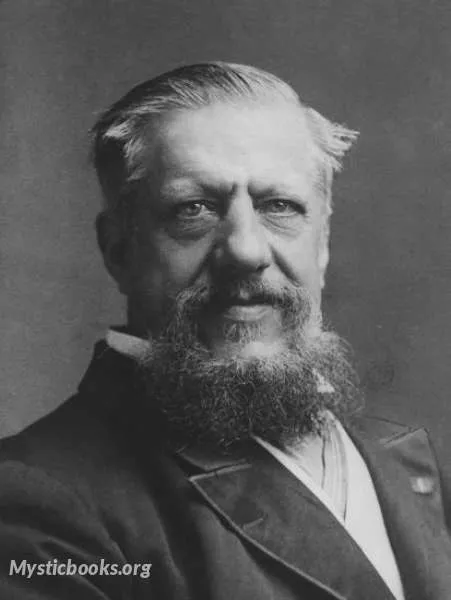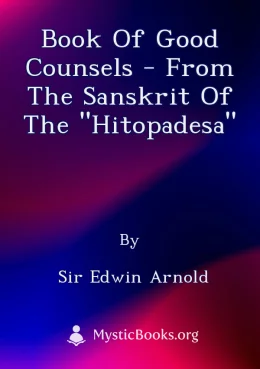
Timeline
Title
Country/Nationality
Sir Edwin Arnold
Sir Edwin Arnold was an English poet and journalist, who is most known for his work The Light of Asia.
Arnold was born at Gravesend, Kent, the second son of a Sussex magistrate, Robert Coles Arnold. He grew up at Southchurch Wick, a farm in Southchurch, Essex, and was educated at King's School, Rochester; King's College London; and University College, Oxford, where he won the Newdigate prize for poetry on the subject of "The Feast of Belshazzar" in 1852. He became a schoolmaster, at King Edward's School, Birmingham, and in 1856 went to India as Principal of the Government Sanskrit College at Poona, a post which he held for seven years, which includes a period during the mutiny of 1857, when he was able to render services for which he was publicly thanked by Lord Elphinstone in the Bombay Council. Here he received the bias towards, and gathered material for, his future works.
Returning to England in 1861 he worked as a journalist on the staff of The Daily Telegraph, a newspaper with which he continued to be associated as editor for more than forty years, and of which he later became editor-in-chief.
Arnold must also be credited with the first idea of a great trunk line traversing the entire African continent, for in 1874 he first employed the phrase "Cape to Cairo railway" subsequently popularised by Cecil Rhodes.
The latter criticism probably suggested to Arnold the idea of attempting a second narrative poem of which the central figure should be Jesus, the founder of Christianity, as the founder of Buddhism had been that of the first. But though The Light of the World (1891), in which this took shape, had considerable poetic merit, it lacked the novelty of theme and setting which had given the earlier poem much of its attractiveness; and it failed to repeat the success gained by The Light of Asia. Arnold's other principal volumes of poetry were Indian Song of Songs (1875), Pearls of the Faith (1883), The Song Celestial (1885), With Sa'di in the Garden (1888), Potiphar's Wife (1892), Adzuma, or The Japanese Wife (1893), and "Indian Poetry" (1904).
In "The Song Celestial" Sir Edwin produced a well-known poetic rendering of the sacred Hindu scripture Bhagavad Gita.
Books by Sir Edwin Arnold

Book of Good Counsels - From the Sanskrit of the "Hitopadesa"
Hitopadesha, meaning 'good advice', is an ancient Indian collection of fables believed to have been written by Narayana Pandit in the 10th or 11th century. The tales are framed as stories within stories, told by a wise old sage to the sons of a king,...